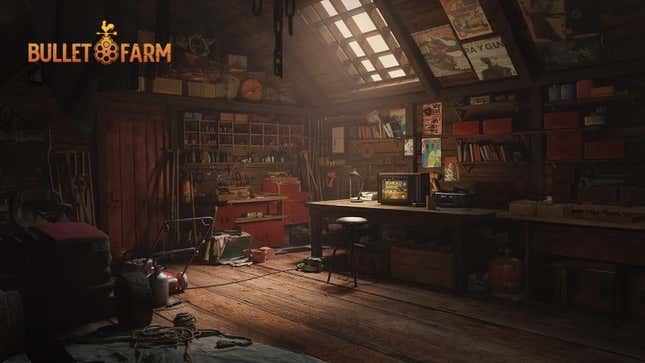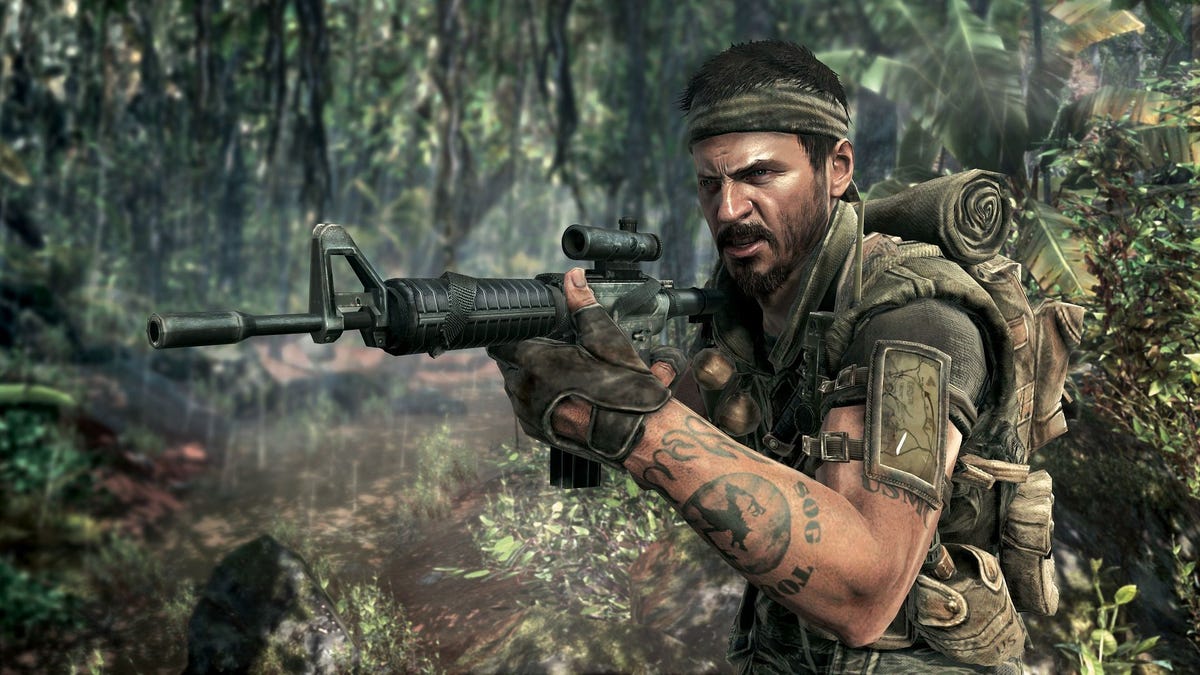The last few years have seen a number of high-level departures from Activision Blizzard, with a great deal of those folks going on to found their own studios and compete directly with the giant. The latest team to spring up from the exodus is Netease-backed BulletFarm, founded and led by David Vonderhaar, a veteran designer best known for his work on the Call of Duty franchise at Treyarch. Though the game he and his colleagues are working on is a first-person shooter, most everything else about it, especially the scale of the team building it, sounds antithetical to what Vonderhaar accomplished for decades on Call of Duty.
BulletFarm’s as-of-yet untitled debut will be a first-person shooter developed on Unreal Engine 5 that will “emphasize intimate, co-operative gameplay set in an original universe.” The studio will be remote-first and is expected to grow from its current total of four employees to approximately 15 by the end of 2024 as development picks up steam. Vonderhaar sees the team growing to about 50 employees beyond that point.
Speaking to VentureBeat, Vonderhaar, who left Treyarch late last year, claimed that though he never saw himself starting up his own studio, doing so was “the last biggest, greatest challenge a game maker could take on.” Feeling he owed himself the “moonshot” after all these years, he accepted the challenge to make something of his own, and differently than he had before. Though Vonderhaar doesn’t take aim at Treyarch and Activision Blizzard, he does seem to eschew a number of practices that have become synonymous with those studios and their franchises, like annualization, predatory monetary structures, crunch, and a scale that minimizes the impact individual developers can have on the project.

Vonderhaar told VentureBeat, “Games are being annualized, franchised, sequel-ized, and battle pass-ed to death. In a way, [BulletFarm] is taking an old-school approach.” On the matter of crunch, which notably plagued the latest Call of Duty game, he expressed a belief that leadership in games has a responsibility to manage teams more sustainably for the benefit of developers and players alike. He’d also seemingly love to enable his developers to have the kind of direct influence over the development of their game that just isn’t possible when teams are made of thousands of developers working on minute details across various studios, all making a single title at the same time.
“[The scale] suits the kind of game that we’re making. Small and intimate studio, small and intimate game, right? Culturally it lines up better when everyone has a big stake in the game and you’re not designer No. 709 who works on tree props. I think you’ll get better work out of people when they have a chance to touch more of the game than just their specialized niche thing, where they have to do that same thing 1,000 times.”
In almost every conceivable way, BulletFarm’s leadership seems to be promising that it’s learned from the past in order to build something better and quite noticeably different to what they’ve made before. Development on its forthcoming game is early, though, and we shouldn’t expect a full reveal, much less a release, from the team for quite some time. We’ll have to wait and see whether BulletFarm’s promising talk produces a game that lives up to it.

